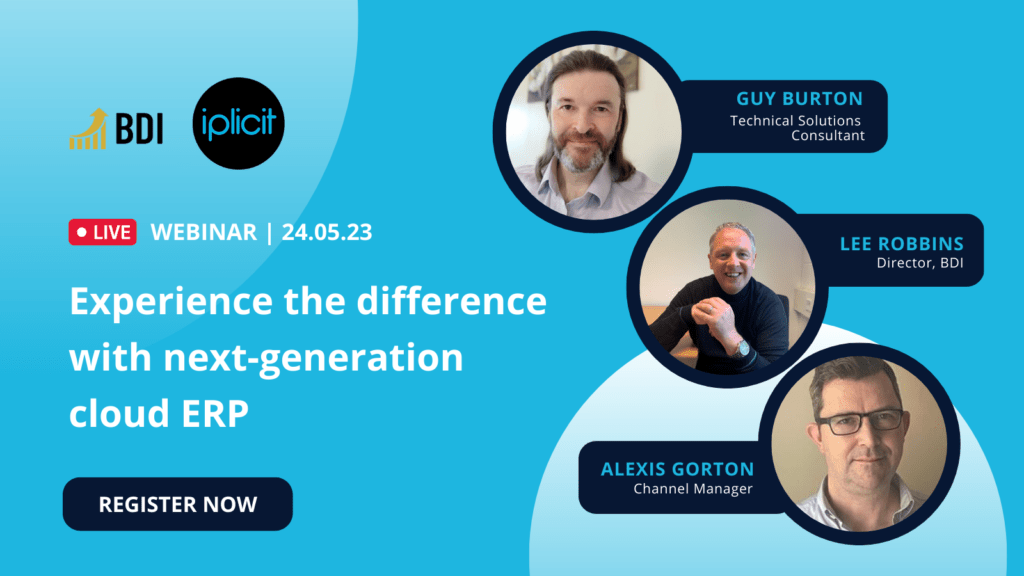Business intelligence (BI), if not used well, can create problems within an organisation. These mistakes not only apply to software use but also to the broader company culture. BI implementation therefore involves many more elements than simply installing tools.
While this may be true, many BI problems can be traced back to four common issues. This guide takes you through the four common root cause of BI problems, consequently helping you identify issues within your own organisation.
Table of Contents
Join the BDI mailing list
Keep up to date with the latest events, webinars, and product launches from BDI.
Sign UpIgnoring data integrity
Business intelligence tools can process, display, and analyse data. However, analysis is meaningless unless organisations use high-quality data.
To explain, by high-quality data we mean data that is accurate and valid.
Focusing too narrowly on the BI tool and its configuration could subsequently mean missing out on critical information about data quality. For example, focusing too much on trying to configure tools that are producing irregular results can consequently lead teams to forget to question whether it is the data that is faulty.
BI is often embedded into operational processes. Modern businesses must, therefore, have a proactive and automated BI testing approach. This kind of process will quickly identify any errors in data integrity, thus preventing expensive problems further down the line.
Pursuing meaningless analysis
Any business intelligence project which does not have direction is, above all, a waste of time. Analysis and insights generated should therefore be meaningful and provide a positive contribution to wider company goals.
Pursuing meaningless analysis is a particular risk for organisations and teams which are new to using business intelligence tools.
Novice users are prone to tunnel vision and can perform analysis which, whilst interesting, does not contribute to wider goals. Analyses under these circumstances often lack impact and do not contribute towards understandings beyond being interesting information.
To avoid this mistake, apply business knowledge and judgement. For every analysis project, consider how the analysis feeds into the company’s overarching goals. Will this piece of analysis have any impact on specific KPIs?
Not having clear goals in mind
Before approaching any project, you must first establish goals. This applies across all elements of business operations, not just BI strategies.
If goals are not established before a project begins, then it is hard to measure the level of success. Instead, ensure that you establish goals that are SMART – Specific, Measurable, Attainable, Realistic, and Timely.
Setting strong goals which are realistic and specific makes it easier to define project parameters. Teams will also feel more motivated when they have a specific target to work towards, as it is easy to check progress whilst a project is ongoing.
Assuming the data is enough on its own
Whilst data is powerful, raw data alone is not enough to generate meaningful decisions.
If data is not presented and argued compellingly, it can be ignored. This not only refers to the aesthetic format data visualisation, but also interpretations. Your audience will not look at a graph and see the same interpretation as yourself unless you provide them with contextual information.
In this situation, tell a story with your data to help executives and customers understand what you show them. How does this analysis fit with an existing trend? What does this particular analysis mean for your sales targets? Why is it important to understand that particular user base?
In view of this, make the most of data visualisation templates so your audience can quickly understand key data trends at a glance. At the same time, ensure you do not get carried away when creating visual reports. This can sometimes have the unintended side effect of obscuring the arguments you want your audience to see.
Summary
To summarise, whilst the four topics mentioned are the most common issues behind BI problems, this is not an extensive list. Sometimes, other issues relating to approaches to data or general understanding of BI can have knock-on effects for your team.
BDI offers a Business Systems Review service that can help identify aspects of your business systems that require adjustment. Through this personalised service, BDI will look at your existing business systems and recommend areas for improvement. From here, you will be able to run your business more efficiently whilst also reducing cost. We work with a select group of industry professionals, many of which are experts in their field.
If you would like further help with your organisation’s business systems or would simply like some more information about our Business Systems Review service, please get in touch. We would welcome the opportunity to help more organisations use data intelligently.
Ready to start?
Our team of data intelligence experts are ready and waiting to work with your organisation


Recent Comments